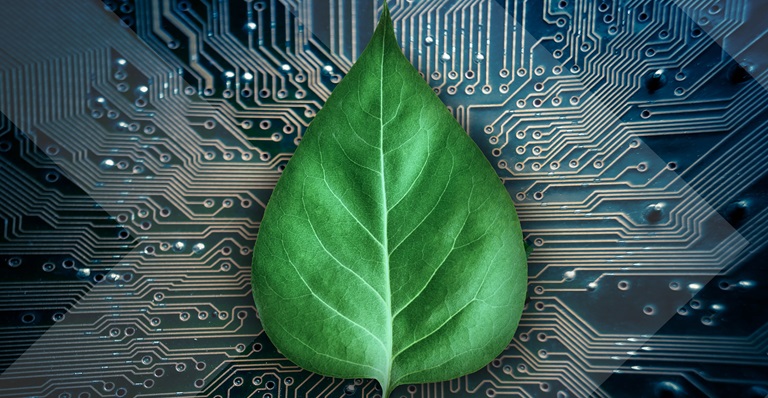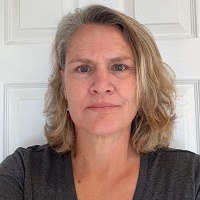
Shining a light on Canada’s 2024 cleantech innovators
Author details
Karen Turner
Senior international trade editor
In a world focused on cutting-edge cleantech innovation, one recurring question remains: How can we rely on renewable energy when the wind doesn’t blow and the sun doesn’t shine?
In a global race to net zero by 2050, it’s challenges, like these, that keep cleantech entrepreneurs in Canada and around the world up at night—likely under the glow of solar-powered lights.
Since 2012, one of Export Development Canada’s (EDC) strategic focuses has been on the cleantech industry, providing $41 billion to Canadian cleantech companies to help fight climate change and support energy transition.
“EDC is proud to support the cleantech sector in Canada. Our financing, risk mitigation, knowledge and connections programming have supported hundreds of cleantech companies on their growth journey and net zero goals,” says Sophie Dumoulin, director of cleantech at EDC. “In fact, in 2023, EDC expanded its outreach and provided financing and insurance solutions to more than 440 Canadian cleantech businesses.”
You should also check out
Read this important EDC report to find out how AI is shaping the future of clean technology
In 2022, Canada’s credit agency set a lofty target: To provide $10 billion in support for cleantech businesses by 2025. As of Dec. 31, 2023, we far exceeded that goal by providing more than $12 billion in financing and insurance solutions to more than 440 cleantech businesses—up from $8.8 billion and 392 companies in 2022.
On Oct. 29, EDC is hosting the Cleantech Export Summit, an annual conference that brings together clean technology experts, entrepreneurs and ecosystem partners from across Canada. The theme for this year’s hybrid event is Towards net zero: Global opportunities for Canadian cleantech, featuring insights on industry trends and innovations in this rapidly evolving sector.
“Our team looks forward to uniting innovators and adopters from the cleantech ecosystem, discussing sector trends, creating opportunities to connect companies with investors and financiers and—most importantly—come together unified by a shared goal towards net zero carbon emissions,” says Dumoulin, a strong proponent of collaboration and partnership to achieve climate goals.
To kick off the 2024 summit, EDC recognized five Canadian cleantech companies—three “Export Stars” and two “Ones to Watch”—for their outstanding innovations. Meet this year’s honorees:
Export Stars 2024
Oxygen8
Founded: January 2020
What they do: Based in Vancouver, BC, Oxygen8 develops high-efficiency, energy-recovery ventilation systems to provide residential and commercial buildings with healthy indoor air quality. Using heat-pump technology for heating and cooling, Oxygen8’s all-electric systems are compact, so they don’t require vertical ducts or roof-mounted HVAC equipment and enable decentralized ventilation.
“People are getting sick from spending time indoors due to the recirculation of air without proper filtration and humidity control,” says James Dean, co-founder of Oxygen8. “The problem with air is you can’t see it. If you’re in your office, or your kids are in a school, or your parents are in a senior care facility, nobody knows if it’s good or bad air.”
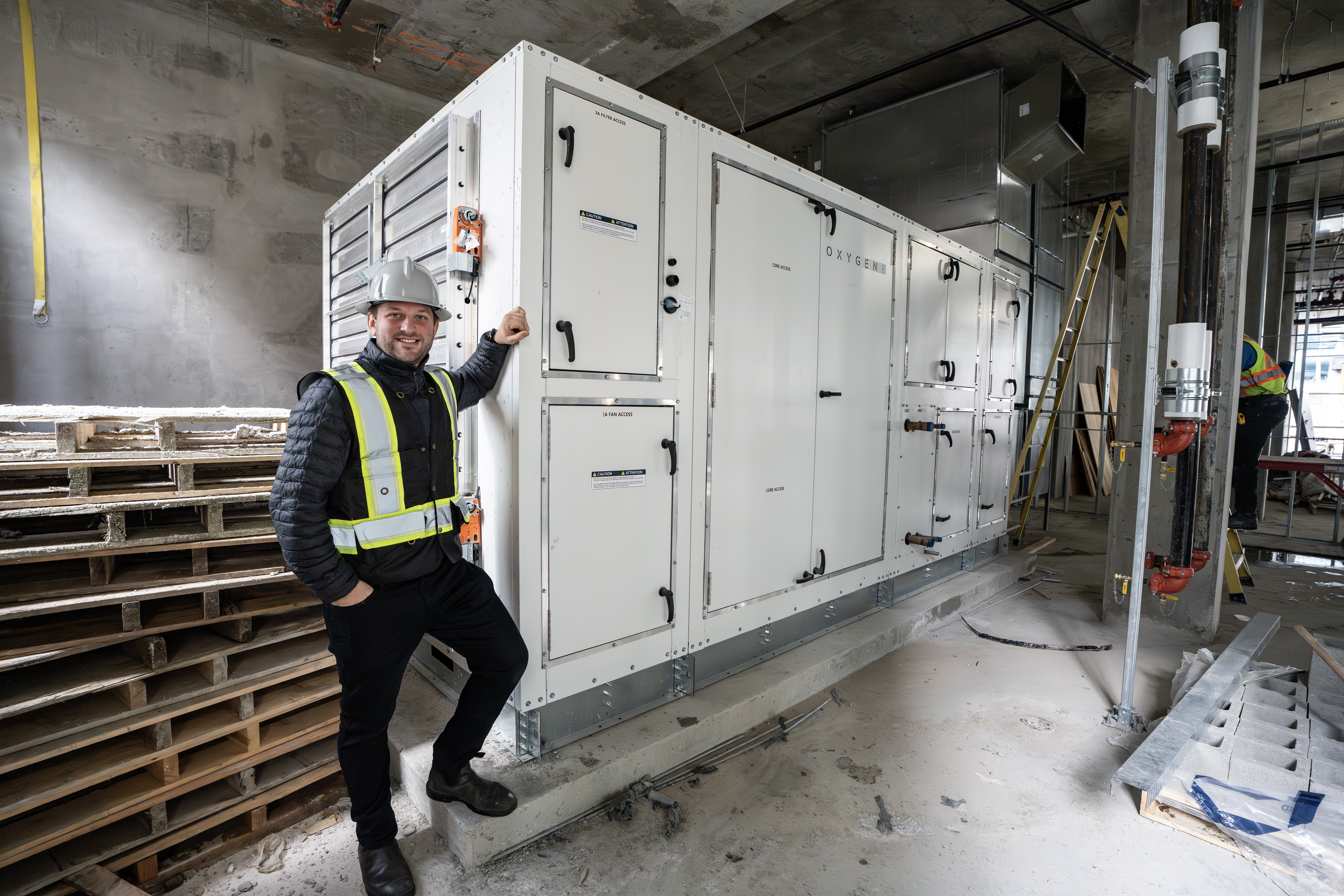
Export market: United States
Key challenges: “Being based in Vancouver, shipping down to Florida or even New York City, shipping costs can be as much as 10%,” says Dean of the high costs of exporting. “So, we need to make sure we’re cost-competitive. One of the things we’re looking at is future manufacturing facilities. Should we be setting up a factory to be closer to our U.S. customers?”
He also says as a new startup from Canada, building brand awareness and trust with customers in the U.S. was a challenge.
“Our No. 1 market is British Columbia—even though the climate zone here is pretty moderate— and this is where our factory is, so we’ve built relationships with the local engineers, architects and real estate developers,” says the serial entrepreneur who previously owned two companies focused on fuel cell and membrane tech before launching Oxygen8. “Where we don’t really have a presence in the U.S., we rely on our sales reps” to foster in-market relationships and networks with local engineers and mechanical contractors.
Advice for other cleantech innovators: “One of the things I’ve learned through my career as an entrepreneur is focus is so important,” says Dean. “For startup companies, focusing initially on your home market where you’ve got the local relationships is key.”
Support for growth: EDC is an equity investor in Oxygen8 and participated in seed financing under our Investments Matching Program. In June 2023, EDC put a US$500,000 international trade guarantee (ITG) in place to support Oxygen8’s supplier standby letters of credit.
Annual revenue: $35 million
Opsun Systems Inc.
Founded: 2005
What they do: The Quebec-based company designs and manufactures custom residential and commercial mounting systems for *bifacial solar panels that can be installed on industrial flat roofs, carports, pergolas, walls and on-the-ground racks. Their lightweight aluminum racks have been installed on manufacturing plants, gas stations, condo buildings and private homes.
*Compared to traditional solar panels, bifacial solar panels capture sunlight from both sides, optimizing energy production.
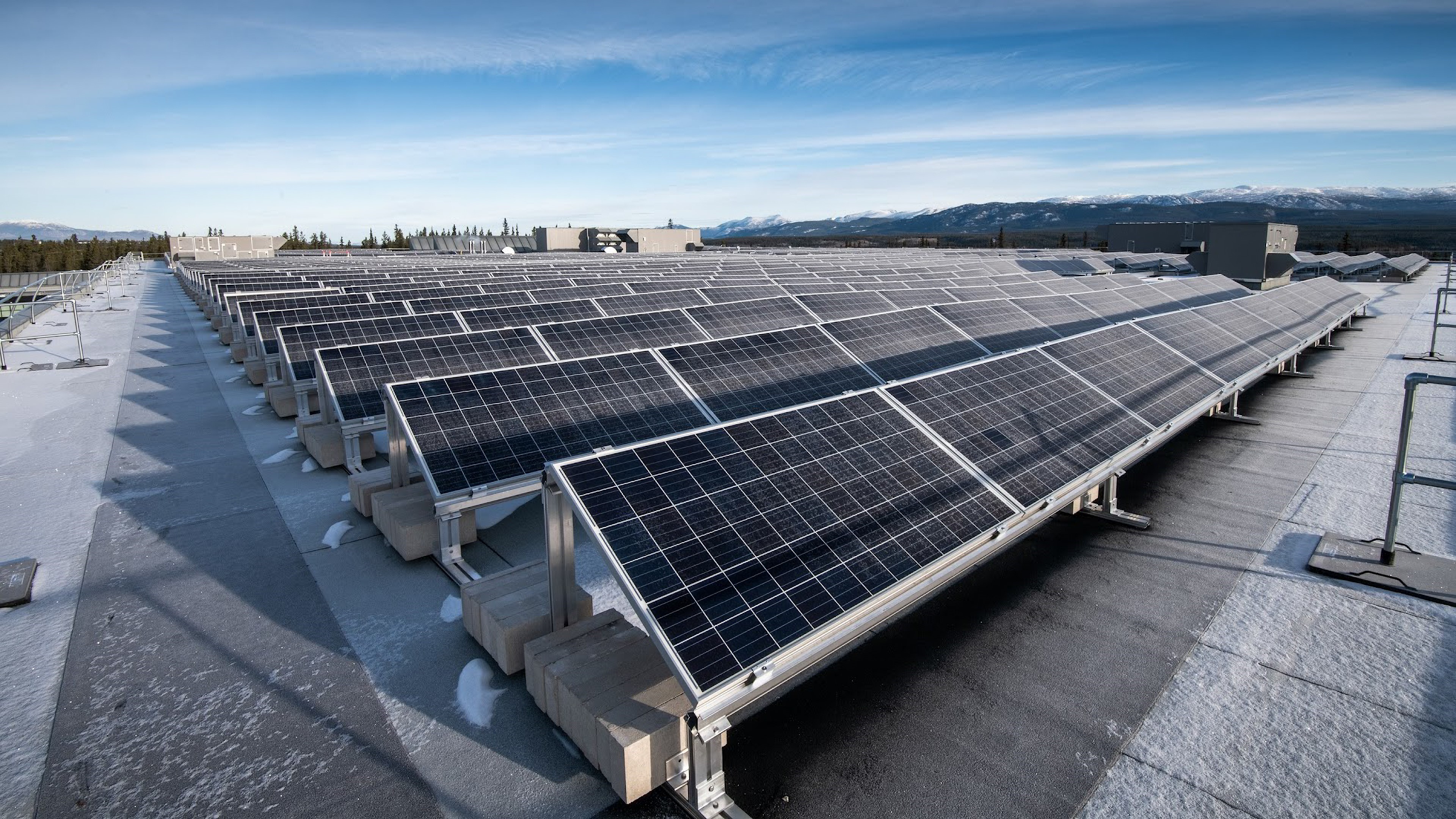
Export markets: United States
Key challenges: Opsun’s solar structures are custom-built for each building site and climate zone. That takes time and precision, explains Francois Gilles-Gagnon, Opsun’s president, of the complex designs. Currently, the process takes about three months to complete, but Gilles-Gagnon says they’re working on software that will enable them to “engineer, manufacture and install as quickly as off-the-shelf systems.”
Support for growth: “For the past decade, EDC has provided a suite of solutions tailored to Opsun’s evolving needs, including EDC Credit Insurance, Export Guarantee Program (EGP), and international business advisory services,” says Robyn Molnar, an account manager on EDC’s cleantech team.
“This strategic support has helped Opsun further scale to a mid-market leader in the cleantech sector and meet the growing demand in the U.S. market. Despite initial reservations about the impact of new U.S. policies promoting local production, Opsun discovered that their superior quality offerings command a higher price point among American consumers,” Molnar explains.
Annual revenue: $14 million
UgoWork
Founded: 2015
What they do: The Quebec-based tech company offers cloud-based, pay-as-you-go lithium-ion power solutions, including batteries with embedded chargers, multi-voltage charging stations and real-time data monitoring, for industrial trucks operating in the food and beverage, manufacturing, transportation, and distribution sectors.
“Unlike some of the commercially available lithium-ion batteries for material handling, UgoWork batteries are equipped with cloud-based capabilities (LTE or Wi-Fi). Raw information from the battery is gathered and analyzed by advanced algorithms. Information, like voltage, current, temperature, kilowatts/per/hour (kWh) and state of charge, are interpreted and presented in a web-based application, so operators can make informed decisions on how to best utilize their resources,” says Jean-Francois Marchand, UgoWork’s director of marketing.
“Our energy experts closely monitor your batteries to reduce unplanned downtimes, anticipate equipment failure, and eliminate risks associated with operating faulty equipment. Knowing the state of health of your batteries also means that corrective actions and maintenance are performed prior to impacting your team’s work,” Marchand says.
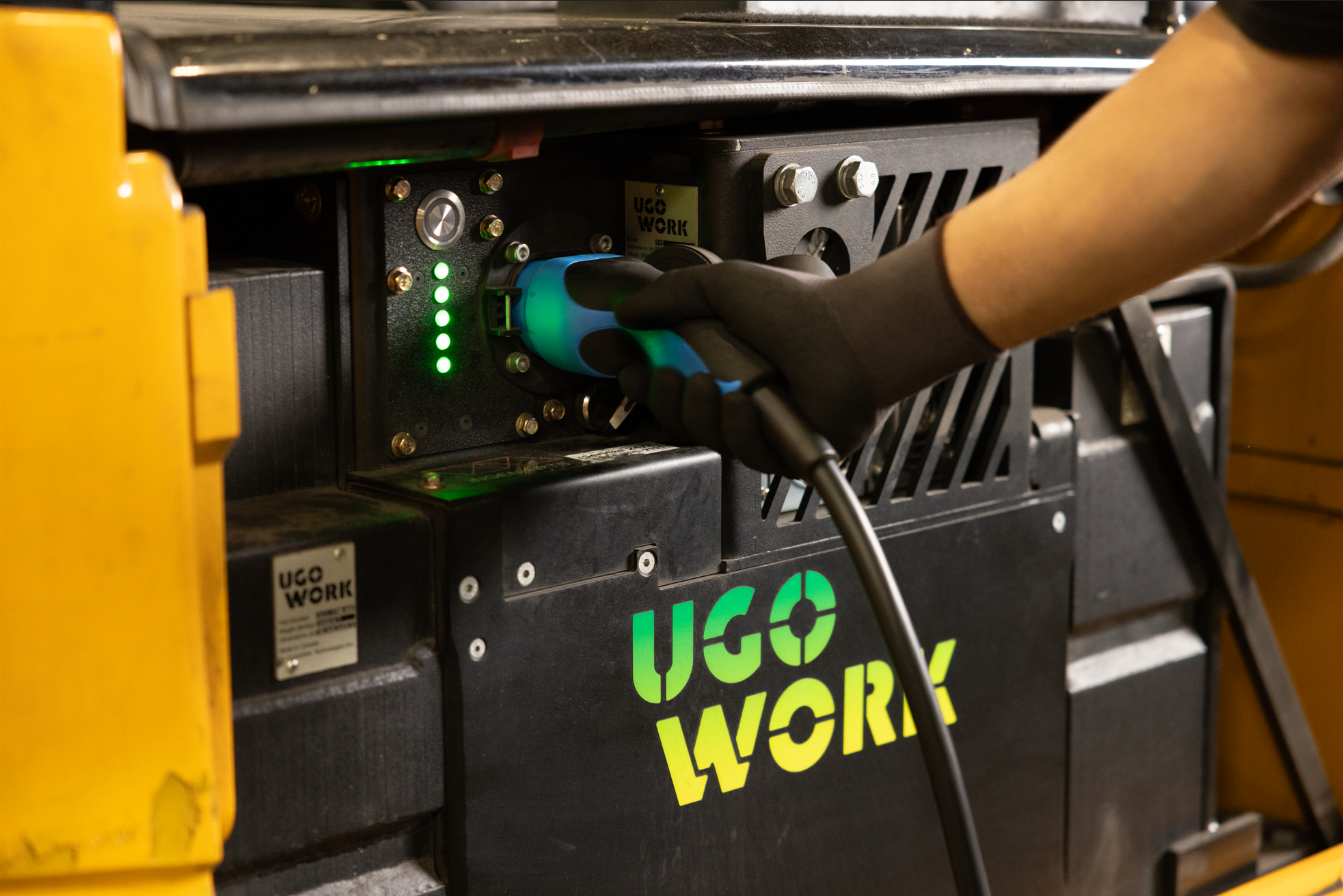
Export markets: United States
Key challenge: UgoWork made its first international sale in 2019 to a large automotive equipment manufacturer in the U.S. At the time, Marchand says the company was unknown to the American market.
“The biggest challenge (was) hiring U.S. citizens to grow our team. Even though Canada and the U.S. are similar in many aspects, there’s a clear difference in culture and language. It has been a lengthy process to identify experienced and well-established professionals to join our team,” he says.
Support for growth: Through our Investment Matching Program, EDC co-invested $11.25 million with partner, Fonds FTQ, the largest development capital investment network in Quebec, to provide growth capital to the company. The capital is being used to develop, manufacture and market its innovative lithium-ion batteries.
EDC’s Export Guarantee Program (EGP) also enabled UgoWork to access more funding from their financial institution, Desjardins Tech Innovation Banking, and the EDC Foreign Exchange Guarantee (FXG) helps them manage the interest rate risks by getting access to multiple hedging solutions without impacting their cash flow.
As one of UgoWork’s early investors, Marchand says EDC “showed continuous faith in our endeavour and helped us get introduced to serious potential customers.”
Annual revenue: $20 million
Ones to Watch
Hydrostor
Founded: 2010
What they do: Toronto-based Hydrostor is a leading global developer and operator of long-duration energy storage systems. Founded in Toronto with offices in Denver and Melbourne, Australia, the company’s patented Advanced Compressed Air Energy Storage (A-CAES) technology is commercially available and allows the grid to replace fossil fuel plants with clean power, delivering clean energy on demand, even when solar and wind sources aren’t available.
Company founder Curtis VanWalleghem explains: “We sink a shaft about 600 metres underground and then we hollow out something roughly the size of a football field and then flood it with water. Then we use an air compressor to take atmospheric air, pressurize it and send it down into that cavern, and when it fills the top of the cavern, it lifts the water up to the surface and it holds it up there.
“When the grid needs power, a valve opens, gravity pulls the water down, pushes the air up, spins a fan or a turbine that reproduces power on demand, so it acts like a giant battery, but is a lot cheaper (because) it just uses air, rock and water, and so it’s an alternative to lithium-ion batteries and pumped hydro storage technology where longer term storage is needed,” he says.
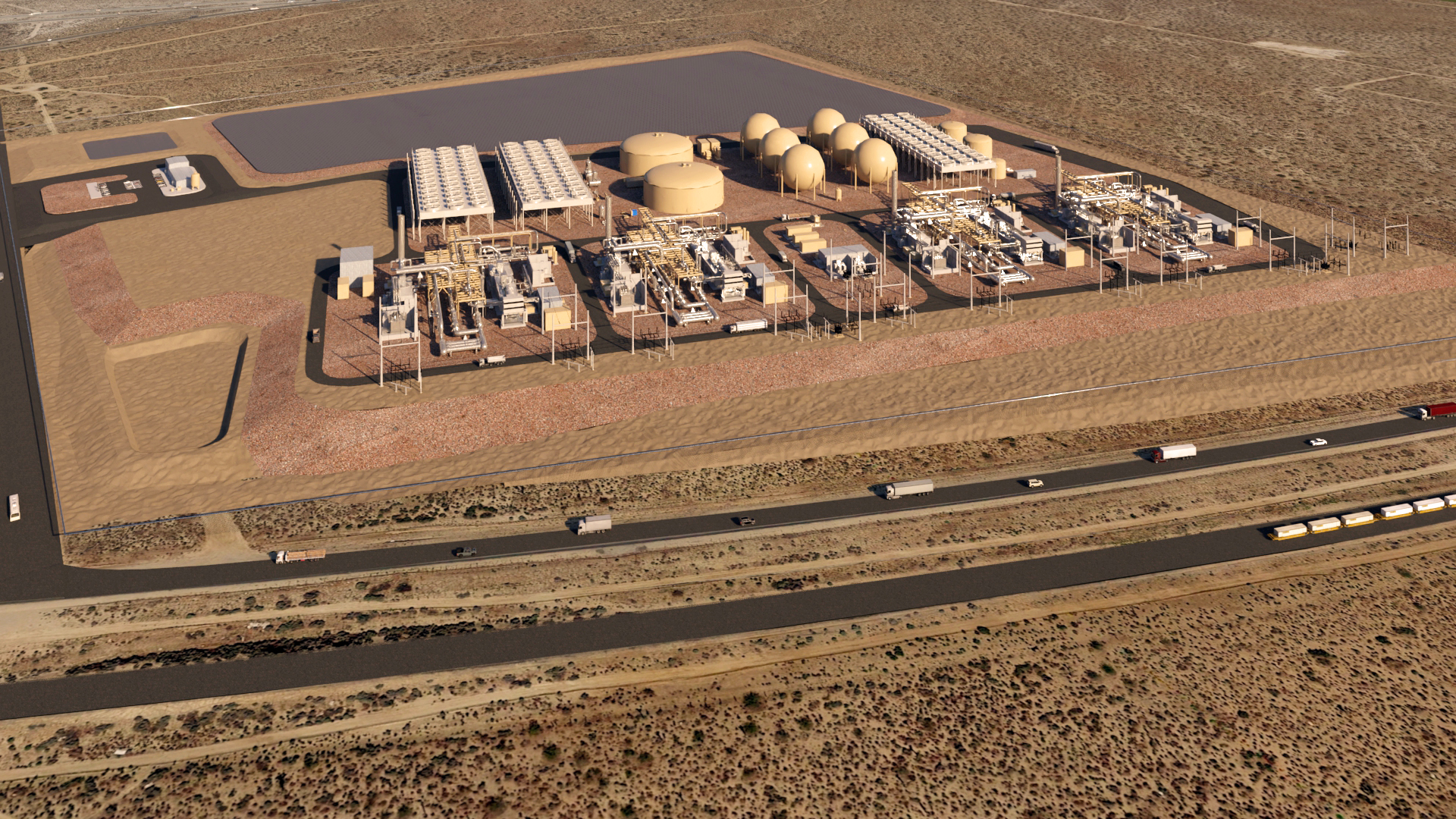
Export markets: United States, Australia and the United Kingdom
Key challenges: Continually building the team to respond to steep, rapid growth. “I started the business 15 years ago. We were 20 people with zero-revenue contracts,” recalls VanWalleghem of the early days in business. “We’re about 125 people now. From a dollar perspective, we’re about to start construction of $3 billion of plants and facilities, and the pipeline of projects that the team is moving forward just crossed $30 billion of construction capital.”
Support for growth: Hydrostor has a strong investor base that includes Goldman Sachs Asset Management (US$250 million in 2022) and the Canada Pension Plan Investment Board (US$25 million in 2022). In 2020, EDC provided $2.2 million in project financing to support Hydrostor’s demonstration plant in Goderich, ON. Alongside the National Bank, EDC also provided letters of credit freeing up $80 million of working capital for Hydrostor.
Advice for other cleantech innovators: Protect your intellectual property. VanWalleghem says getting patents for your technology is so important to prevent “copycat versions.” Without a robust intellectual base, he says, Hydrostor never would have attracted the investors essential to its growth.
pH7 Technologies
Founded: 2020
What they do: The Vancouver, BC-based company designs environmental and sustainable technology to extract critical metals (platinum, copper, nickel) from waste and recycled materials, like low-grade ores, spent catalytic converters and electronic waste, to increase the supply of critical metals vital for the transition to renewable energy. Unlike traditional extraction methods, their closed-loop process applies organics and electrochemistry to extract metals without generating environmentally harmful wastewater by reusing the chemistry over and over.
“We started in the niche market of recycling—a market we could grow fast in, and now, we’re developing our mining operations,” says company founder Mohammad Doostmohammadi, a mining engineer with an eye to expanding into Europe, South Asia and the Middle East within the next five years.
In January 2024, pH7 was one of 13 Canadian businesses named by the Cleantech Group as a Top 100 global cleantech company making a significant contribution to sustainable innovation.
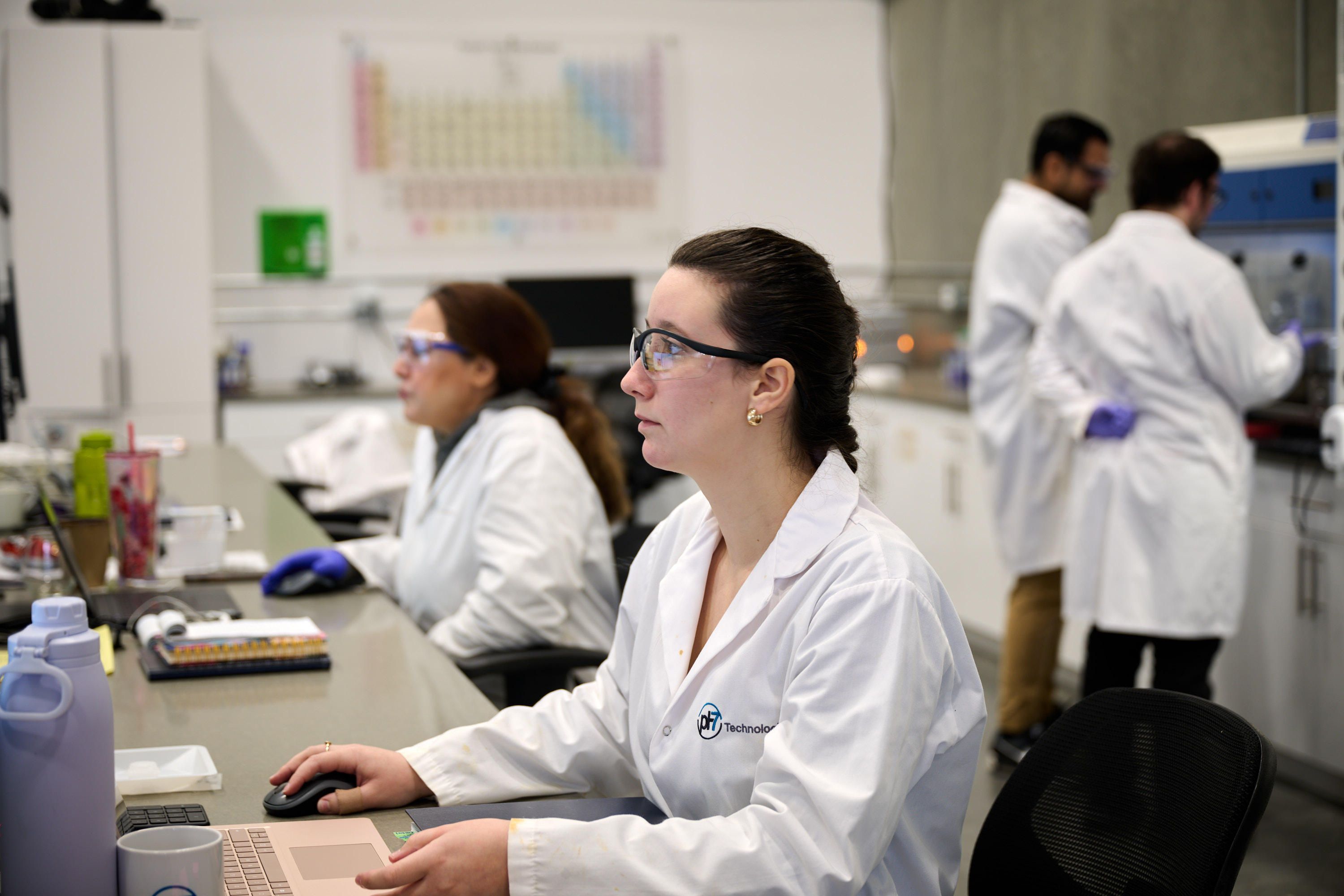
Key challenge: Since the company owns the processing and refining technology, but not the extracted metals, Doostmohammadi says, “being a startup dealing with large, multibillion-dollar companies, building the trust was the major challenge that we had. The materials are owned by our suppliers until the end of the process, so you need to build high confidence with your customers, so they can trust you to process (their materials) and give them back the end product, or sell the end product on their behalf,” he says.
Export markets: United States, European Union, Indo-Pacific
Support for growth: EDC provided an international trade guarantee (ITG) that eliminated the need for the company to put up collateral on a letter of credit from their bank for $1.5 million.
Advice for other cleantech innovators: “Don’t wait for it to be ideal before scaling up—it’s impossible, especially in cleantech, it takes years and years and years to get to that ideal situation,” advises Doostmohammadi. “It’s not as easy as changing code and many times, we’re competing with technologies that have been around for a long time. Don’t be afraid of scaling. Go ahead and build it, build a proof of concept, run a prototype—do it and mitigate your risks as much as possible—so you can scale. That’s the only way cleantech can get momentum,” he says.
Annual revenue: More than $1 million in 2023
The content for these customer profiles was sourced from company websites, interviews and other third-party resources, but EDC hasn’t independently verified the information or data.












